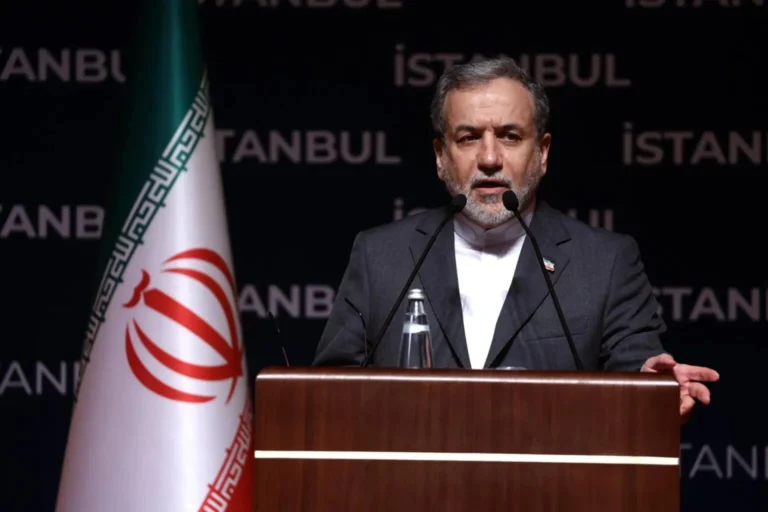Iran Conditions Military Halt on Israeli Aggression, Resulting Apparently in Temporary Calm

Iran’s foreign minister Araghchi confirms military halt after 4 a.m., signaling temporary calm in Israel conflict.Photo:EFE.
June 23, 2025 Hour: 10:16 pm
Iranian Foreign Minister Abbas Araghchi’s statements imply that military aggression from both Iran and Israel effectively stopped at 4 a.m. Tehran time, marking a de facto pause in the conflict despite no formal ceasefire.
Related:
Venezuelan President Maduro Warns Netanyahu’s “Insanity” Could Spark Nuclear War with Iran
Araghchi’s Statements Imply Mutual Pause in Aggression at 4 a.m.
While Iranian Foreign Minister Abbas Araghchi has been clear that no formal ceasefire agreement exists between Iran and Israel, his recent declarations strongly imply that hostilities from both sides effectively ceased at the 4 a.m. Tehran time deadline he set. In his public messages, Araghchi confirmed that Iran’s military operations continued until that hour and then stopped, contingent on Israel halting its attacks.
Though he stops short of explicitly stating it, the logical conclusion is that Israeli forces respected Iran’s conditional demand, resulting in a mutual pause in aggression. This tacit cessation, while not formalized through diplomatic channels, represents a significant moment of de-escalation.
As Iran has repeatedly made clear: Israel launched war on Iran, not the other way around.
— Seyed Abbas Araghchi (@araghchi) June 24, 2025
As of now, there is NO "agreement" on any ceasefire or cessation of military operations. However, provided that the Israeli regime stops its illegal aggression against the Iranian people no…
Araghchi emphasized Iran’s defensive posture, framing its military response as a reaction to Israeli aggression. He stated: “Provided that the Israeli regime stops its illegal aggression against the Iranian people no later than 4 a.m. Tehran time, we have no intention to continue our response afterwards.”
This statement implies that Iran’s operations were directly tied to Israel’s actions, and once those attacks stopped, Iran likewise ceased its military response. The symmetry of this pause suggests a de facto ceasefire, even if not officially declared.
Notably, Araghchi did not explicitly say that Israel stopped attacking, but by confirming Iran’s halt at 4 a.m. conditioned on Israel’s cessation, he implicitly acknowledges that Israeli aggression ended at that time. This mutual restraint, though temporary, is a critical development in a conflict marked by escalation and violence.
Moreover, Araghchi’s mention that the “final decision on ending operations will be taken later” leaves the door open for renewed hostilities if the truce is broken, underscoring the fragility of the current calm.
The military operations of our powerful Armed Forces to punish Israel for its aggression continued until the very last minute, at 4am.
— Seyed Abbas Araghchi (@araghchi) June 24, 2025
Together with all Iranians, I thank our brave Armed Forces who remain ready to defend our dear country until their last drop of blood, and who…
This implicit mutual pause offers a rare opportunity for de-escalation in a highly volatile situation. Left-wing and anti-imperialist analysts interpret this moment as evidence that both sides can exercise restraint, potentially paving the way for dialogue grounded in respect for sovereignty and international law.
The coming hours will be decisive in determining whether this de facto ceasefire holds or if hostilities resume.
Author: YCL
Source: Al Mayadeen


